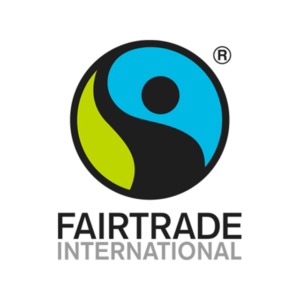A market-based approach to sustainable development that links consumers directly with producers, thereby reducing the number of levels in the distribution chain. As a result, a greater share of revenue gets in the hands of small-scale farmers. The purchase of Fair Trade Certified™ coffee, tea, cocoa, chocolate bars, bananas and other fruits benefits producers and consumers by promoting:
- Fair prices
- Cooperative workplaces
- Environmental sustainability
- Access to financial and technical support
- Quality products
This is a system of trade favorable to local growers and the environment and, therefore, consistent with a jubilee, OneEarth economy. Free trade, by contrast, is a system highly favorable to the global corporations and ruling elites that create it resulting in “Multi Earth” economics.
In 2000, when JEM sponsored our first delegation to Chiapas, the southernmost state of Mexico, a relationship was begun with a fair trade cooperative of coffee growers, Maya Vinic. Their story is featured in the video, Grounds for Action, that JEM produced in 2003. It was directed by Marco Tavanti, professor at DePaul University, Chicago, and a JEM Advisor. The video is bilingual and has been used internationally to educate on fair trade in high schools, colleges, congregations, and informal groups.
JEM continues to work organizationally with fair trade groups, being the fiscal sponsor currently for Fair Trade San Diego and Fair Trade Berkeley. Board member Dan Swanson who lives in San Cristobal, Chiapas, continues direct relationships with the Maya Vinic Cooperative and other fair trade initiatives.
